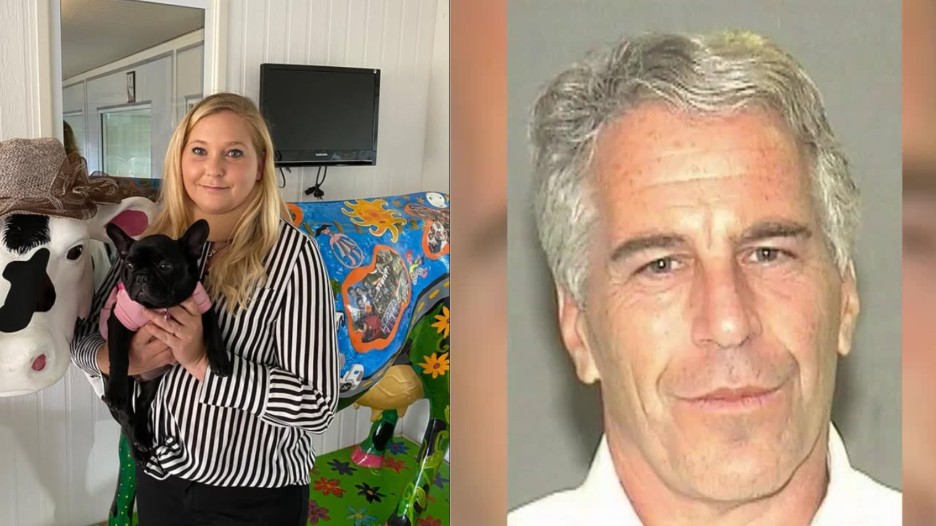Virginia Giuffre's Posthumous Memoir Reveals FBI Knows Epstein's Client Names — Files STILL SEALED

Virginia Giuffre's posthumous memoir, released Tuesday, renews pressure on federal authorities by asserting that the FBI and the Department of Justice are aware of the names she and other victims identified in the Jeffrey Epstein investigation — even as significant portions of related files remain under seal.
Amy Wallace, who completed the memoir after Giuffre's death in April, told NewsNation the book reflects careful choices by Giuffre about whom to name. Wallace said she and federal investigators "know all the names" that appear in Giuffre's interviews and depositions, and that multiple document dumps already public contain many of those names.
"I know all the names ... that are there," Wallace said on the broadcast. "Virginia knows who the names are, but so does the FBI and so does the Department of Justice. That's why there's such a clamoring right now for the Epstein files to be released."
Giuffre — who for years alleged Epstein and his associate Ghislaine Maxwell trafficked her to powerful men — died by suicide in April at 41. Her memoir, Nobody's Girl, was published posthumously, with Wallace credited as the collaborator. The book recounts Giuffre's account of abuse, her efforts to obtain justic,e and the agonizing decisions she made about naming alleged abusers.
Wallace said she has hours of taped interviews with Giuffre and warned that those recordings are secure. "Nobody can find them, so don't break into my house," she said on NewsNation, adding that the tapes exist in official FBI files and in the archives assembled in the broader Epstein inquiry.
The release of new material or a full unsealing of the investigative record could have political and legal consequences. The federal government has resisted broad public disclosure of Epstein-related materials, citing court orders designed to protect victims' identities and privacy. In July, the Justice Department, as reported by Public Point, said that Epstein "never maintained a 'client list'" and that most material had been sealed by court order — arguing that only a small portion of what investigators collected would have been admitted at trial.
Epstein pleaded not guilty to federal sex trafficking charges and died in a Manhattan jail cell in 2019 while awaiting trial. His death prompted widespread scrutiny of his ties to prominent figures in business, politics, and royalty, including allegations involving Britain's Prince Andrew, which Giuffre and other accusers have made public.
Attempts in recent years to obtain broader access to Epstein's files have met resistance from courts and prosecutors seeking to balance transparency with victim privacy and ongoing legal sensitivities. President Donald Trump, during his 2024 campaign and after taking office, had said he would seek to release Epstein-related names, but the Justice Department's position shifted to oppose disclosure.
Legal advocates for survivors have said that greater transparency is necessary to hold abusers accountable and to offer victims a fuller accounting. Defense attorneys and others warned that releasing raw investigative materials could unfairly impugn individuals who were never charged.
Wallace's comments and Giuffre's memoir are likely to intensify calls from victims and some lawmakers for the Justice Department and courts to revisit the scope of sealed Epstein materials. Prosecutors and court officials did not immediately respond to requests for comment Tuesday.
The debate over disclosure comes as Giuffre's memoir and Wallace's public statements have re-energized media and public scrutiny of what remains confidential in the Epstein case and what revelations, if any, could emerge should the files be unsealed.
© 2026 Enstarz.com All rights reserved. Do not reproduce without permission.





